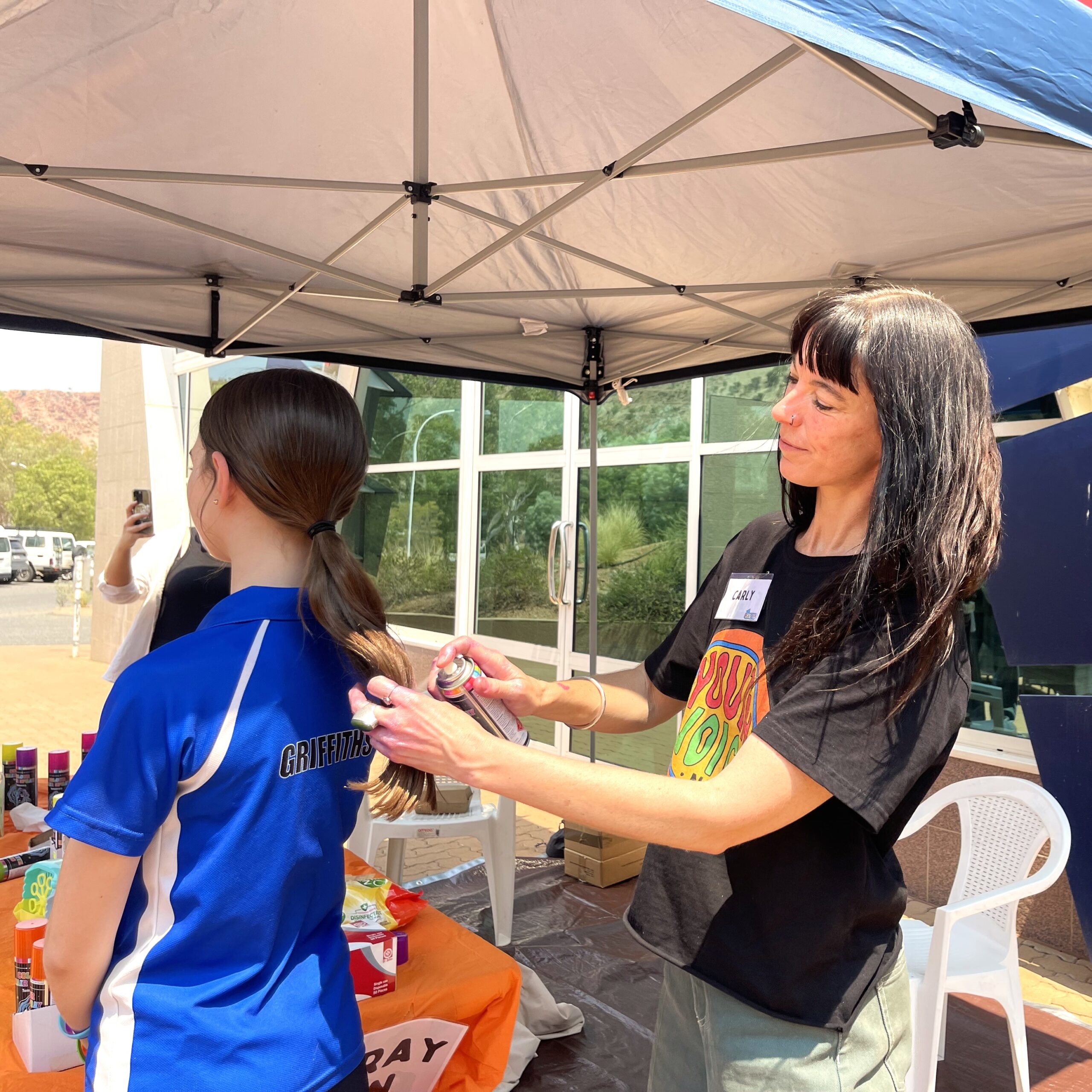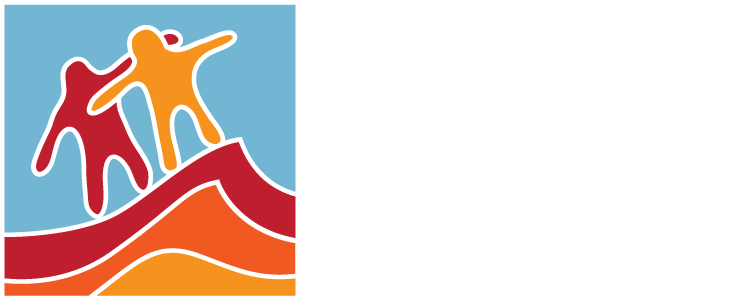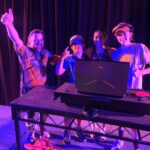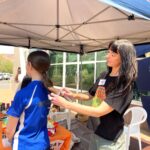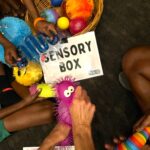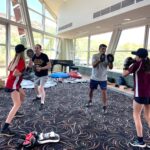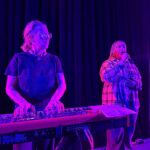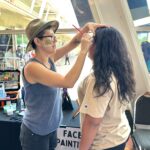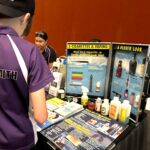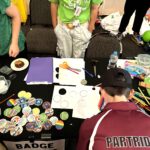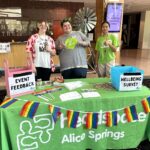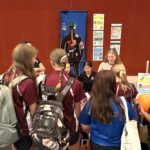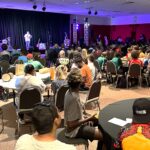Are you a proactive Project Manager with a passion for developing programs that support community members?
MHACA is seeking for a Living Skills Program Project Lead. The right candidate will be an experienced, proactive project manager, confident in overseeing the research, program development, budget, resource development, data collection, program delivery and the evaluation process. The role will require strong stakeholder engagement, the ability to work collaboratively and an empathetic and trauma informed approach.
The Living Skills Program Project Lead will establish and manage the Living Skills Pilot Program, including management of a small team. The goals of this program are to understand the real support needs of participants with lived experience of homelessness and unstable tenancies, and to develop a culturally appropriate strengths-based tenancy and living skills program.
POSITION HOURS: Full-time ongoing, 38 hours a week
SALARY LEVEL: $116,213.10 (MHACA EBA/SCHADS Level 7) + 11.5% super
Applications close 4pm Friday 18 April.
To check the full Position Description and how to apply go to www.mhaca.org.au/2025/04/02/living-skills-program-project-lead/
... See MoreSee Less
Trigger warning: This video addresses myths and facts about suicide.
April is Autism Awareness Month.
Not everyone takes on information in the same way, which is why it's important for all of us to be aware of who we are chatting with and think about the best way for us to make them feel heard and supported.
Research has shown that autistic and neurodivergent people are more likely to experience anxiety and depression and be at risk of self-harm and suicide.
Neurodivergence is a word that describes people whose brain is thought to work differently to typical (neurotypical) people. There are a number of conditions that sit under the umbrella term of neurodivergence. Some of the more common ones that you may have heard of are Autism, Attention-Deficit/Hyperactive Disorder (ADHD), Tourette Syndrome, Dyslexia and other learning difficulties such as Dyscalculia, Dysgraphia and Dyspraxia/Developmental Coordination Disorder. Neurodivergent people may or may not also have an intellectual disability.
R U OK? and the Suicide Response Project co-designed some resources with neurodivergent people with lived experience of suicide as well as their families and those who supported them. These resources have been designed to guide you on how to have an R U OK? conversation with your neurodivergent friends, family members and colleagues who might be struggling with life's ups and downs. By meaningfully connecting and lending support, we can help those we care about long before they're in crisis. Download the free resources at www.ruok.org.au/neurodivergent
... See MoreSee Less
